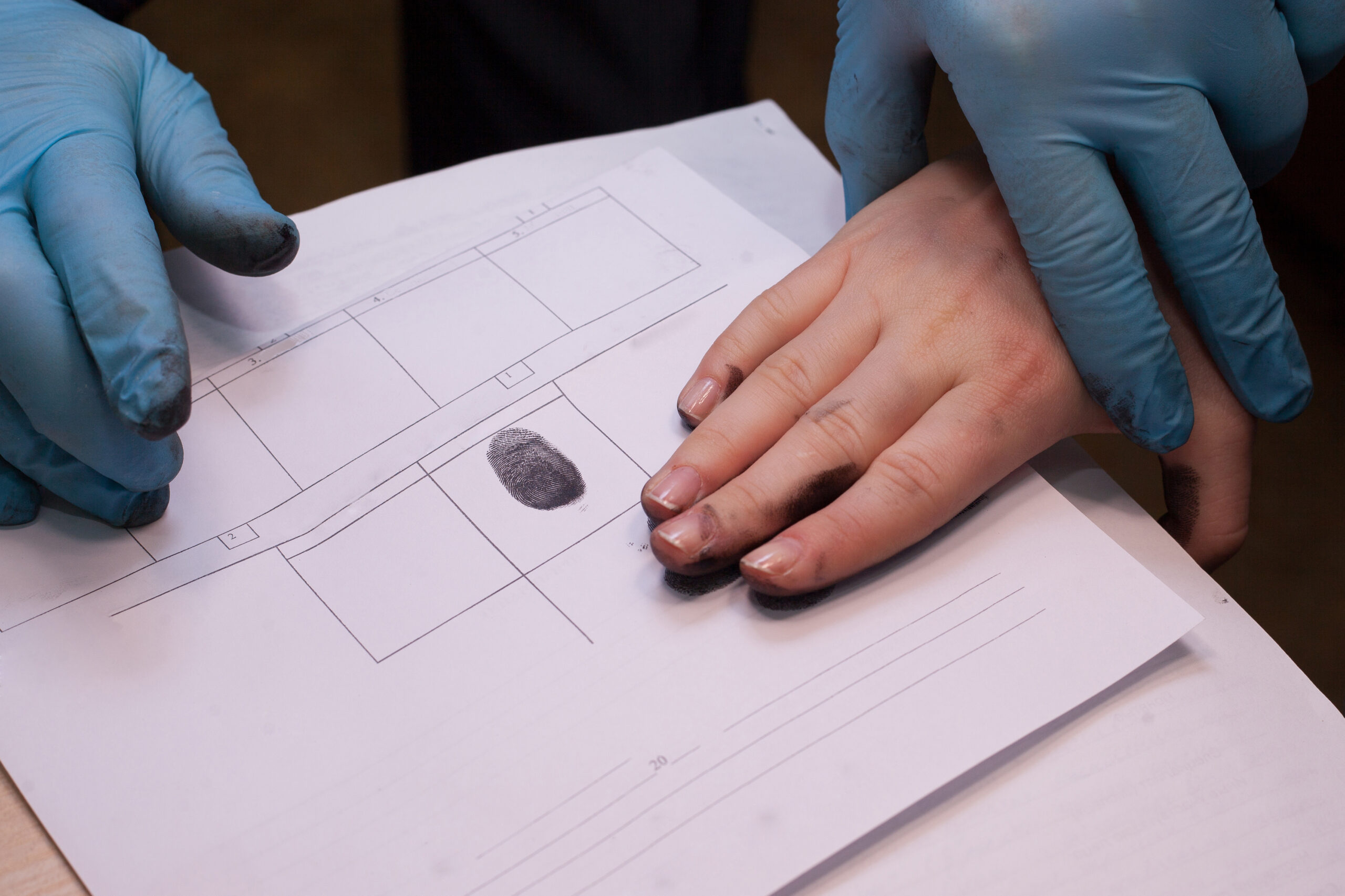Felonies and misdemeanors are two different classifications of crimes, with different potential punishments. In this blog post, we will discuss the key differences between felonies and misdemeanors, as well as the factors that can affect whether a crime is charged as one or the other. Most often, a felony lawyer from Stowell Crayk law firm is the best solution for minimizing punishment.
- Felony: A felony is a serious crime that is punishable by a year or more in prison. Felonies are typically divided into classes, with the most serious felonies being in the highest class.
- Misdemeanor: A misdemeanor is a less serious crime that is punishable by less than a year in jail. Misdemeanors are also typically divided into classes, with the most serious misdemeanors being in the highest class.
The severity of a crime is determined by a number of factors, including the following:
- The level of violence involved
- The amount of property damage caused
- Whether the victim was injured
- Whether the crime was committed against a person in a position of trust, such as a police officer or a teacher
- Whether the crime was committed with a weapon
- The defendant’s criminal history
The penalties for felonies and misdemeanors can vary depending on the state and the specific crime. However, felonies typically carry longer prison sentences, higher fines, and more severe collateral consequences, such as the loss of the right to vote or right to own a gun.
Here are some examples of felonies and misdemeanors:
- Felonies: Murder, rape, robbery, burglary, arson, drug trafficking, and grand theft
- Misdemeanors: Simple assault, petty theft, disorderly conduct, public intoxication, and traffic violations
It is important to note that the exact definition of a felony and a misdemeanor can vary from state to state. It is also important to note that the same crime can be charged as either a felony or a misdemeanor, depending on the circumstances. For example, a simple assault that results in serious injury may be charged as a felony, while a simple assault that does not result in serious injury may be charged as a misdemeanor.
If you have been charged with a felony or a misdemeanor, it is important to speak with a felony lawyer to understand the specific charges against you and the potential penalties you face.
Personal Impact
The impact of a felony conviction on a person’s life can be significant. Felony convictions can make it difficult to find a job, get housing, obtain financial aid, and vote. They can also lead to deportation for non-citizens.
Wobble Offense
A wobbler offense is a crime that can be charged as either a felony or a misdemeanor, depending on the circumstances. The decision of whether to charge a wobbler offense as a felony or a misdemeanor is typically made by the prosecutor, but the judge can also make this decision in some cases.
The factors that prosecutors and judges consider when deciding whether to charge a wobbler offense as a felony or a misdemeanor include:
- The severity of the crime
- The defendant’s criminal history
- The defendant’s age
- The defendant’s mental health
- The defendant’s amenability to rehabilitation
- The public’s interest
It is important to note that the exact definition of a felony, a misdemeanor, and a wobbler offense can vary from state to state. It is also important to note that the same crime can be charged differently in different jurisdictions. If you have been charged with a crime, it is important to speak with a felony lawyer to understand the specific charges against you and the potential penalties you face.
What is an Infraction?
An infraction is the least serious type of crime. It is a violation of a rule, ordinance, or law that does not carry a jail sentence. In most jurisdictions, infractions do not appear on a criminal record. The most common punishment for an infraction is a fine or community service.
Traffic tickets are the most common type of infraction, but other offenses that may be classified as infractions include trespassing, littering, disorderly conduct, and other petty offenses.
Infractions usually do not involve any time in court or jail. However, if an infraction is not addressed or unpaid, it can lead to more serious consequences, such as a criminal record or increased fines.
Infractions can also be classified into different classes. For example, moving violations (such as speeding tickets) are typically considered more serious than non-moving violations (such as parking tickets). The law typically provides for an increasing range of fines and potential penalties for the different classes of infractions.
If you have been charged with an infraction, it is important to speak with an attorney at Stowell Crayk to understand your rights and options. An attorney can help you fight the charge or negotiate a plea deal that minimizes the consequences of your conviction.
Conclusion
The distinction between a misdemeanor and a felony is an important one, as it can have a significant impact on a person’s life. If you have been charged with a crime, it is important to speak with an attorney to understand the specific charges against you and the potential penalties you face.
In conclusion, felonies and misdemeanors are two different types of crimes that have different penalties. Felonies are more serious crimes that are punishable by a year or more in prison, while misdemeanors are less serious crimes that are punishable by less than a year in jail. The severity of a crime is determined by a number of factors, including the level of violence involved, the amount of property damage caused, and whether the victim was injured. The penalties for felonies and misdemeanors can vary depending on the state and the specific crime. However, felonies typically carry longer prison sentences, higher fines, and more severe collateral consequences. A felony conviction can have a significant impact on a person’s life, making it difficult to find a job, get housing, obtain financial aid, and vote. If you have been charged with a felony or a misdemeanor, it is important to seek legal advice from a felony lawyer as soon as possible. An attorney can help you understand the charges against you, the potential penalties you face, and your options for defending yourself.

